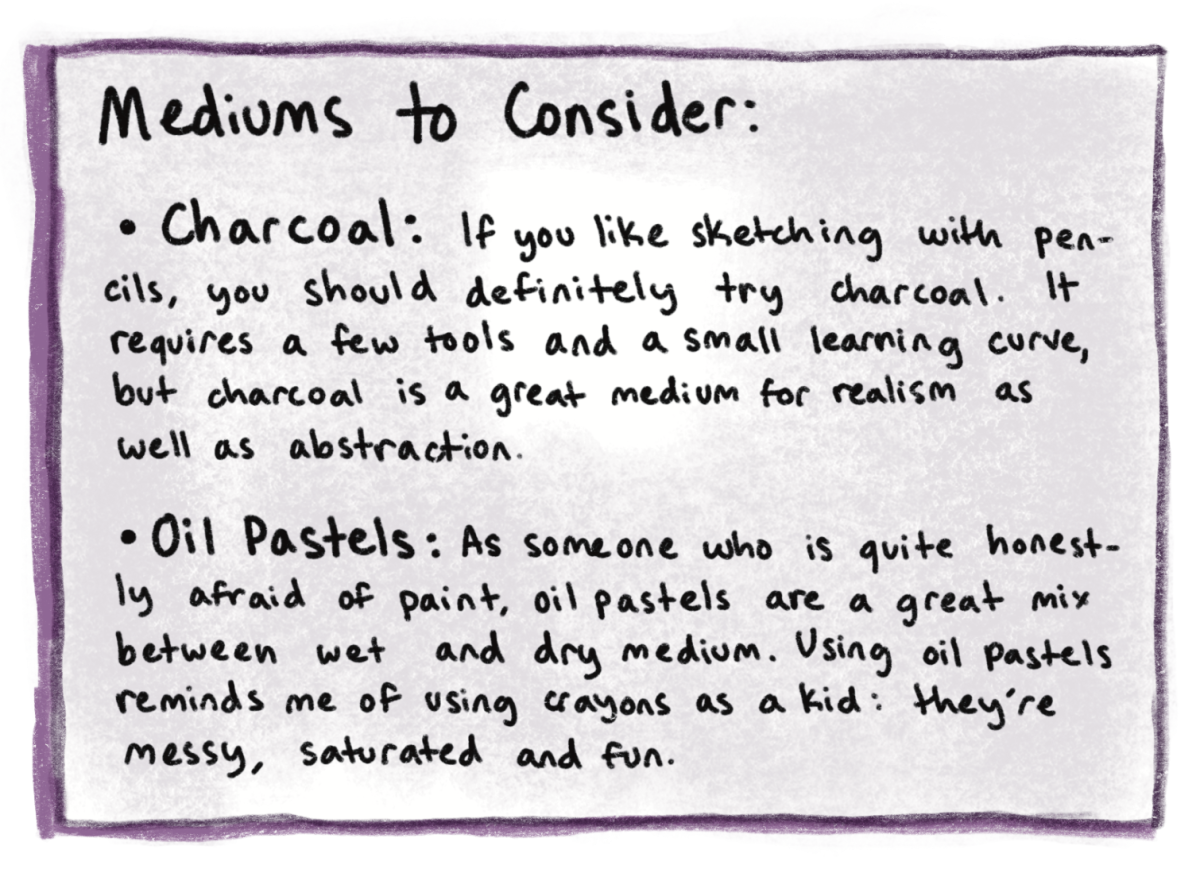We are a nation of people who like things to be free.
Newspapers across the nation find it harder and harder to keep themselves afloat during these hard economic times. To keep its papers alive, many companies are implementing a new subscription fees; in addition to charging for a hard copy, newspapers such as the New York Times are also charging for online access. Previously information online has been open to everyone, but now people will have to start paying for it.
Although many news corporations face this option of charging for news, it’s not the right way to handle the situation. There’s little doubt that newspapers need a new source of income; but cheap news keeps most citizens informed.
Advertising fees cover most of the expenses newspapers face. Unfortunately the number of newspaper advertisers today has decreased significantly, causing issues for papers. The internet has taken many former newspaper advertisers. We live in a digital age, so it is only fitting that newspapers publish in an area that we depend on.
When people look up newspapers online, they should be able to read the current news immediately: for free. If newspapers need money, they should have implemented a charge the day they offered news online. Instead they decided to wait years, allowing consumers to grow accustomed to free news.
Currently T.V. stations such as Fox 2, KSDK and countless others distribute their broadcast news for no charge. If T.V. is not demanding payment for access, then Internet mediums shouldn’t ask either. If press corporations start to charge citizens for online access, many people may stop checking the news, and that is a risk America cannot take.
The U.S. has a democratic government in which the people play a major role; but if people aren’t informed of current events, then the nation will be based off people’s assumptions. How can citizens make educated votes and form valid opinions if they cannot afford to pay for the news?
Papers like the New York Times cost about $420 per year for online access. During these hard times, most people don’t feel a need to put that kind of money into journalism.
Forty-one percent of American citizens get their news online. Taking away information from that many people is impractical and unadvised.
Frankly, neither allowing press corporations to diminish due to lack of income nor allowing citizens to suffer due to lack of news access sounds very good. If the newspaper industry dies, not only do thousands of jobs, but a tradition and example of our First Amendment rights are lost. Similarly, if charging for online news causes the number of viewers to decline, people will be oblivious of current events.
One solution for both these problems lies in the newest medium: smart phone apps. If press corporations cater to smart phones, they create a new potential source of income. Apps are a haven for consumers and advertisers alike, therefore press corporations should be looking at apps as well. #






